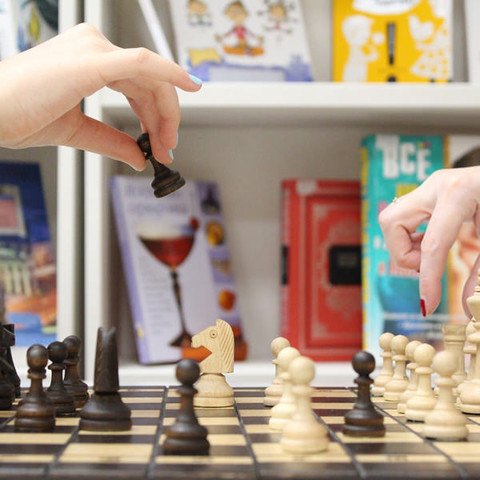A study from researchers at The King’s College London has shown that brain training for elderly people has huge benefits. The brain training for this research uses online games which exercise someone’s reasoning and memory skills.
The package used in this study set tasks such as; balancing weights on a see-saw and putting numbered tiles in numerical order.
After just six months the over 60s who took part in the brain training for the elderly had significant improvements in carrying out daily tasks. Those over the age of 50 were found to have better reasoning and verbal learning.
You can read more on the study in this article from The Mirror.
Brain training for elderly: The benefits
- Performance of Every Day Tasks – mental exercises such as those previously outlined, can have an impact on how people perform day to day tasks such as; using public transport, doing shopping, cooking and managing their money.
- Lower Rates of Dementia – those who stimulate their brain often with puzzles, crosswords or learning new skills throughout their lives tend to have lower rates of dementia. This can include those who have mentally stimulating jobs.
- Improved Cognitive Function – brain training for elderly people can be a great way to maintain their cognitive health, and potentially reduce the risk of cognitive decline. Although further research is needed in this area, it’s very interesting that brain training has such a positive impact on everyday tasks.
Playing Brain Training Video Games
In another study, by Cambridge University in 2017, suggests that brain training games boost memory and may also reduce the risk of dementia. This study found that video games improved the brain function of those with early memory problems.
Those involved were given games to play on an iPad, in which they had to win gold coins by putting different patterns in their correct places. Examples of games that help to keep the brain active include:
- Super Mario 3D.
- Bejewelled.
- Lexulous
- Game Show
It’s not just video games either. A US study has shown that playing board games once a week may also help to fend off dementia. In this study, around 2000 people aged over 70 were tracked over four years. Those who played games at least once a week were 22& less likely to suffer from Mild Cognitive Impairment.
Like video games, there are so many challenging board games out there to keep your brain working hard. Whether it’s a classic like scrabble or a modern game such as Pandemic and Ticket to Ride, there’s plenty of challenges out there for you.
Signs of Dementia
According to the NHS, dementia is a collection of symptoms that result from damage to the brain. The most common cause of dementia is Alzheimer’s Disease. Common symptoms of this condition include:
- Memory loss – especially problems with memory for recent events, such as forgetting messages, remembering routes or names, and asking questions repetitively.
- Increasing difficulties with tasks and activities that require organisation and planning.
- Becoming confused in unfamiliar environments.
- Difficulty finding the right words.
- Difficulty with numbers and/or handling money in shops.
- Changes in personality and mood.
- Depression.
What do you think?
Following these findings of the benefits of brain training for elderly people, would you recommend it to a patient or client? Do you agree that brain training can help reduce mental health conditions and problems, such as memory loss, in older age?
Tweet us your thoughts about brain training for elderly people to @TelecareChoice today!
If you’re looking for a Telecare Alarm and need further information please visit our Contact Us page or give our team a call for free on 0800 635 7000.




